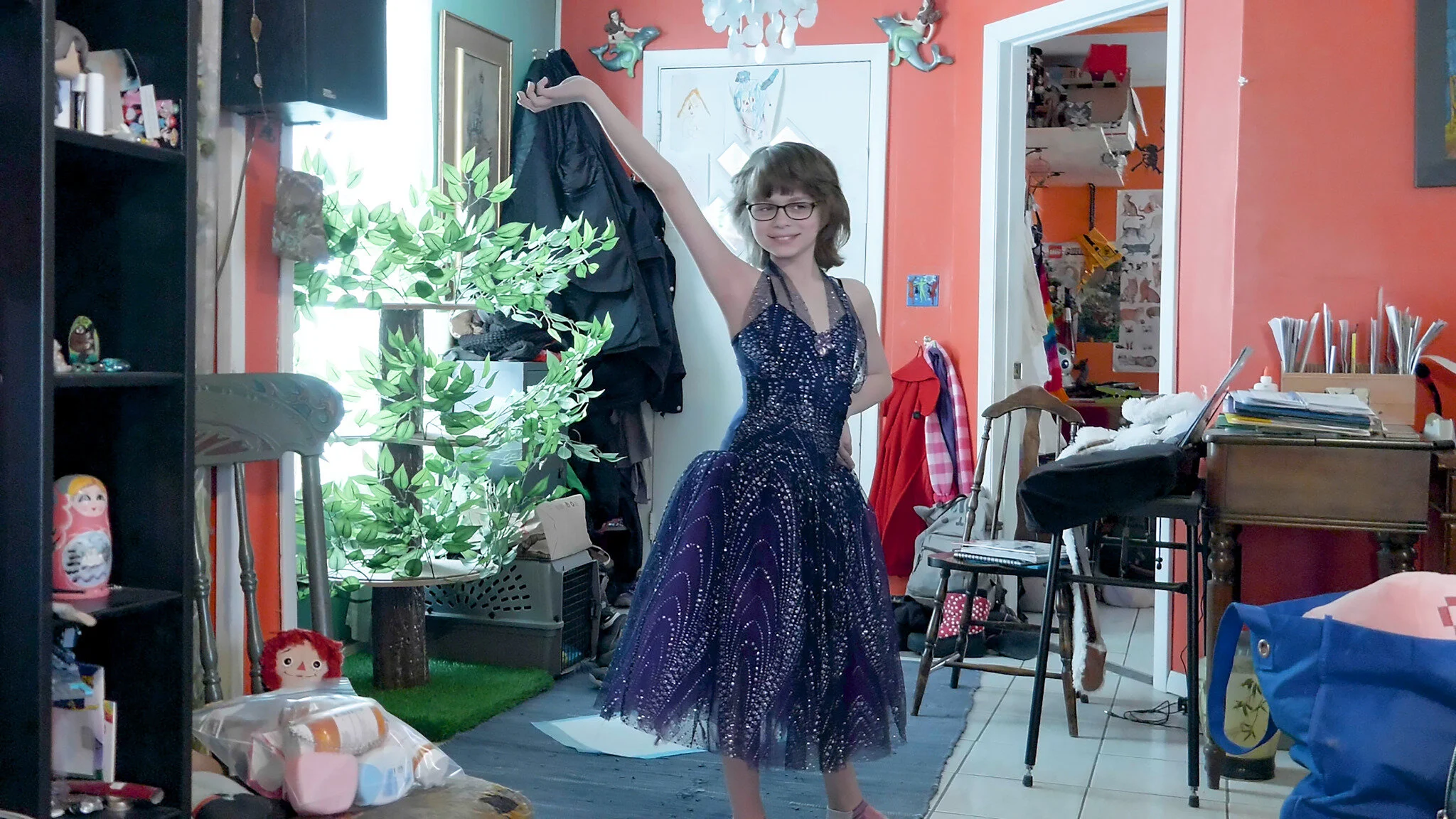FEMSPECTIVES 2020 - Little Miss Westie
LITTLE MISS WESTIE - Oh, MY! Productions
As documentaries go, one would be hard-pressed to find a subject more microcosmic in scale than Little Miss Westie - a tale of one family, two transgender siblings and their development as a whole over time.
It may sound almost deceptively simple, but the film is content in its small scale. Fortunately, it mostly manages to balance telling an intimate story without feeling diminutive or unimportant. It treats the focal family sympathetically and closely, never allowing the audience to drift away from the characters and disconnect emotionally. Even if there isn’t much in the way of clear points in the timeline to draw the story together to give the viewer a sense of passing time, the fondness and humanity with which the family are bestowed curtails the extent of any issues with the structure of the film.
The downside to this approach is that we never get much sense of their place in the wider world, or indeed how it is directly affecting them. There are brief hints and flashes of recognition of how the current political climate is affecting the family, but this is never explored to the extent of which would elevate the documentary to the next level. Any mentions of Donald Tr**p in the documentary are illustrative of this; the viewer is occasionally reminded of his negative impact on transgender rights and how the family are viewed by others, but these are somewhat undeveloped. The filmmakers touch on the issues of bringing up transgender children in a largely pro-Tr**p area, but rarely contextualise this and his policies are never discussed. The omission is hardly malicious - rather it feels as though the directors are instead trying to encourage positivity and optimism by focusing on the strength and resoluteness of the family. However, trying to make a film about an oppressed minority without mentioning such a major oppressor feels akin to making a film about race relations without acknowledging racial inequality. If the documentary as a whole wasn’t so lovingly made and heartfelt, it might make the film’s tunnel vision sting just a little bit more.
Regardless, the film still exceeds its restrictions, both budgetary and structurally, with its genuinely interesting subject matter. You can feel love oozing out of every frame. The documentary’s style of a single centrepiece taking the spotlight has multitudinous advantages, which takes the audience on a memorable journey. The family has an interesting and fulfilling arc, making the experience emotionally investing and ultimately worthwhile. The technicalities of the production are also competent; although it is filmed mostly handheld, a variety of shots and locations and kinetic (if occasionally uneven and stuttery) pacing ensures the film never feels stale or like reality television. The film’s titular pageant taking a backseat for the majority of the runtime is also welcome, as it doesn’t cast a looming shadow over the film but rather serves as a marked turning point in the film’s chronology and encourages introspection. It’s just a bit of a shame that the title focuses on this instead of the characters it otherwise humanises so well.
Overall, the film is a charming delight and by the time the credits roll, it feels like a privilege to have spent time with the unique and touching subjects. The airtime given to the deserving and well-defined characters is welcome, especially in the current vociferous age. It gives an often talked over group of people a chance to express their feelings and emotions without being talked down to. It is the type of doc that may be overlooked by an ever-hectic, fraught society, but which the world desperately needs more of. Little Miss Westie may not be life-changing viewing, but it certainly is life-affirming.


